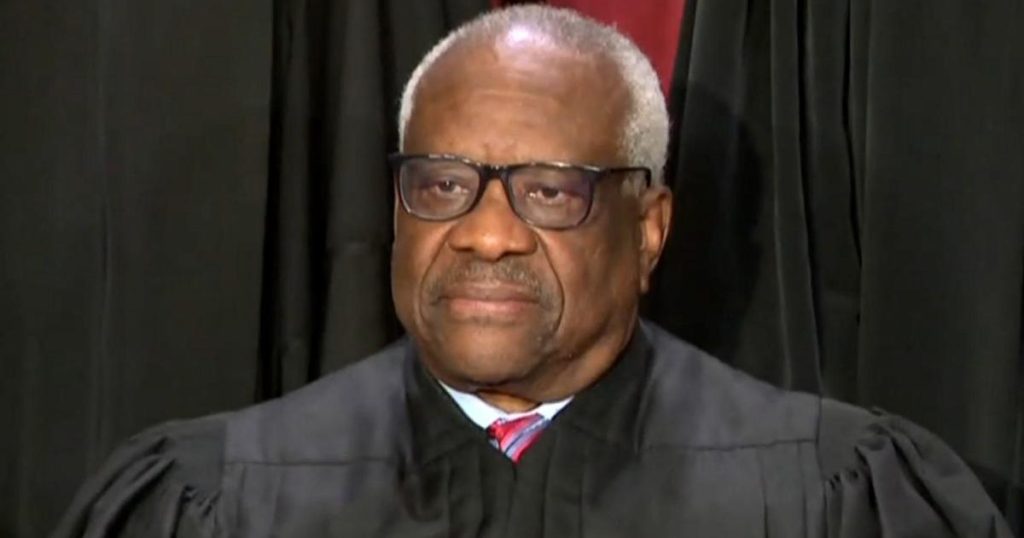Justice Clarence Thomas recently disclosed that he had taken luxury trips paid for by billionaire Republican donor Harlan Crow, as revealed in the latest financial disclosures of the Supreme Court justices. This disclosure comes amid increased scrutiny over the financial dealings and gifts received by the justices. Many justices have faced criticism for their ties to wealthy donors and the potential for conflicts of interest.
Thomas disclosed that he and his wife, Ginni, traveled to Crow’s home in Dallas in 2019, as well as trips to Crow’s resorts in Colorado and Washington, D.C. The value of these trips was estimated to be in the tens of thousands of dollars. The revelation has raised concerns about the impartiality of the justices and whether they are influenced by wealthy individuals who may have business before the court.
This disclosure sheds light on the longstanding practice of justices accepting gifts and trips from wealthy donors, raising questions about the ethical implications of these relationships. In recent years, there has been a push for increased transparency and accountability among the justices, with calls for stricter guidelines on financial disclosures and recusals from cases where there may be a conflict of interest.
The relationship between the Supreme Court justices and wealthy donors like Crow has come under scrutiny, with concerns about the influence of money and gifts on judicial decisions. Critics have called for stricter regulations on gifts and financial dealings for justices, in order to protect the integrity of the court and ensure fairness in its decisions. The recent disclosures by Justice Thomas have reignited calls for reform in the financial disclosure process for the justices.
Justice Thomas is not the only justice to come under fire for his ties to wealthy donors. Justice Stephen Breyer faced criticism for attending events hosted by the Brookings Institution, a think tank that receives funding from various corporations and wealthy individuals. The revelations about Justice Thomas and other justices have highlighted the need for greater transparency and accountability in the financial dealings of the Supreme Court justices.
Overall, the disclosures by Justice Thomas and other justices underscore the need for greater oversight and regulation of the financial relationships between justices and wealthy donors. In order to maintain public trust in the judiciary and ensure the impartiality of the Supreme Court, stricter guidelines and transparency measures are needed to prevent conflicts of interest and undue influence from wealthy individuals. The calls for reform in the financial disclosure process for the justices are likely to continue in order to uphold the integrity of the highest court in the land.


